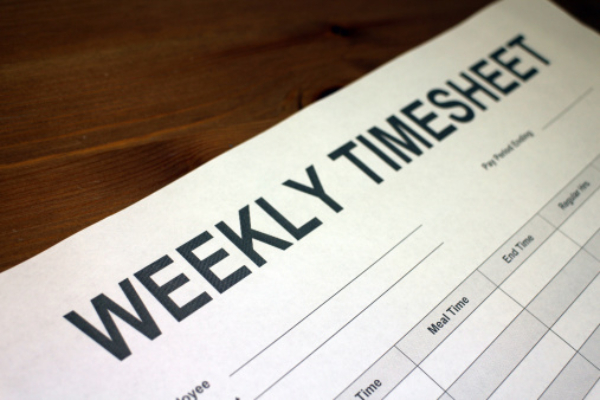Employers Must Create, Keep and Preserve Accurate Time Records.

In a decision issued on June 11, 2021 in the case Newman v. West Bar & Lounge, Inc., District Court Judge Kiyo Matsumoto of the United States District Court in Brooklyn reiterated that under New York and federal employment law, an employer is obligated to maintain records of an employee’s wages, hours worked, and other terms and conditions of employment. Under federal law, this obligation arises from 29 U.S.D. § 211(c). New Labor Law provides that “every employer shall establish, maintain and preserve for not less than six years, weekly payroll records.” 12 N.Y.C.R.R. § 142 142-2.6(a),
When an Employer Has Not Preserved Accurate Time Records, the Burden Shifts in Favor of the Employee
The parties in overtime lawsuits almost always disagree about the number of hours the employees worked. In lawsuits involving unpaid wages, it is the employer’s burden to produce evidence of the precise amount of work that Plaintiffs performed. In wage lawsuits, when an employer has not complied with these legal requirements, the burden of proof shifts in favor of the employee. Under these circumstances, an employee’s recollections of their off-the-clock hours of work are presumed to be correct. E.g., Gunawan v. Sake Sushi Rest, 897 F. Supp. 2d 76, 88-89 (E.D.N.Y. 2012) (quoting Zeng Liu v. Jen Chu Fashion Corp., 2004 U.S. Dist. LEXIS 35 (S.D.N.Y. Jan. 7, 2004)).
The New York employment lawyers at Rapaport Law Firm have represented employees for more than 25 years. We find that many of our clients are initially hesitant to file claims for unpaid wages because they do not have precise records of how many hours they worked or how much they were paid. As we have told thousands of our firm’s past clients (many of whom ultimately received settlements or judgments of hundreds of thousands of dollars), you need only be able to generally recall how many hours you worked. You can establish this through your own testimony. In addition, in many instances, your former coworkers and people may be able to testify to hours they observed you working. The burden is not very difficult to meet. You will not be punished by a court for lacking your timesheets. In fact, the opposite is true: employers who have failed to contemporaneously create and preserve wage and hour records are at an enormous disadvantage in wage cases. In a decision issued on June 30, 2021 in the case Singh v. All Empire Bldg.Contrs., United States Magistrate Judge Anne Y. Shields of the United States District Court for the Eastern District described a wage plaintiff’s relatively lenient burden as follows:
We have seen employers attempt to present falsified time sheets and pretend that these are actual time records prepared years in the past. Employers who do this almost never succeed. In nearly all cases, it is easy for us, as experienced wage and hour attorneys, to spot back-dated, fictional time records. When this occurs, courts react harshly against employers, and this can result in severe sanctions against defendants.
If you worked overtime and you were not paid premium overtime compensation (i.e., 1.5 times your regular rate of pay), call the New York overtime attorneys, Marc Rapaport and Meredith Miller, at Rapaport Law Firm. We have handled overtime and other employment-related cases in New York City for more than 25 years.
